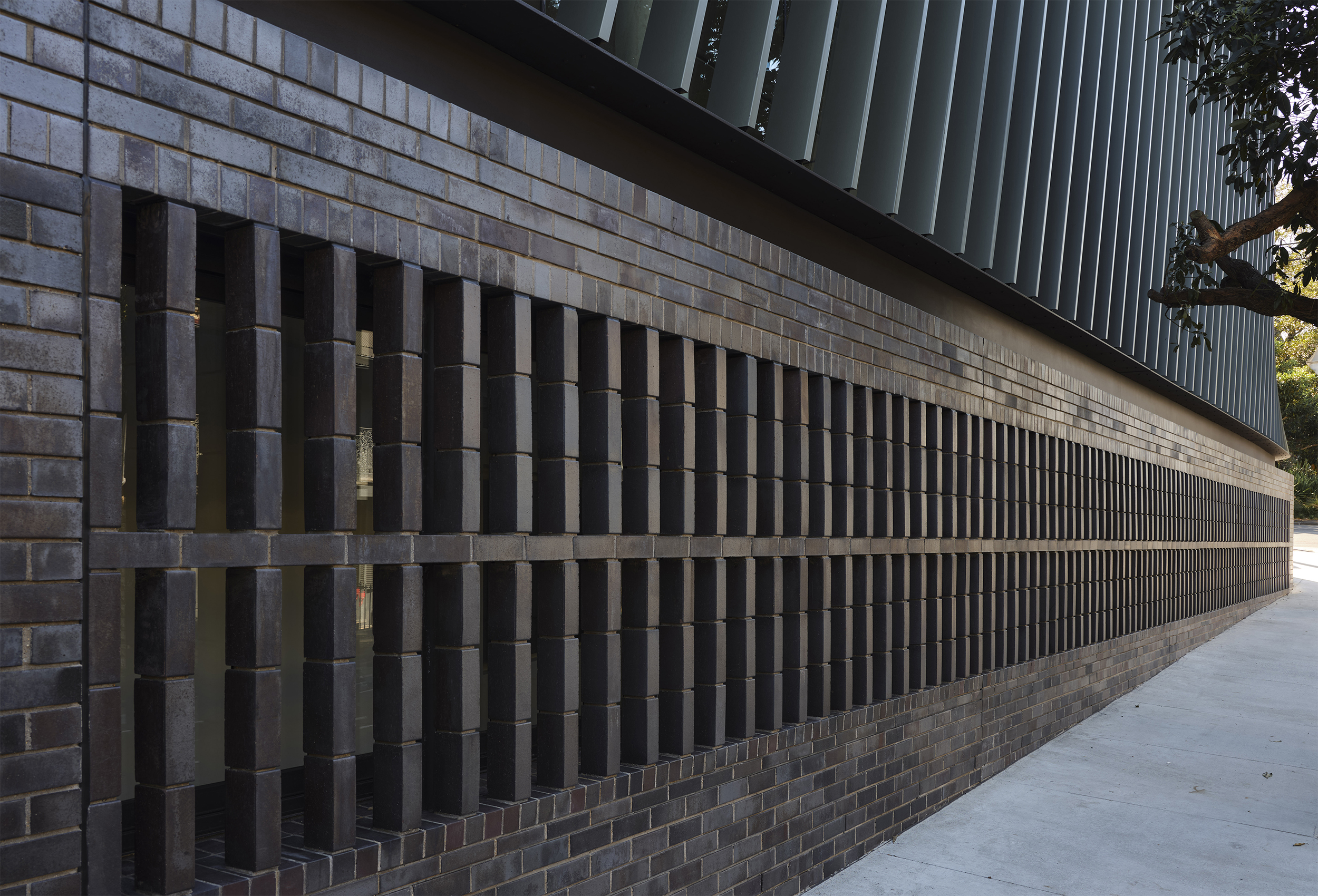Hopes that the Federal Government would use its second ‘pandemic’ budget to turn the unprecedented conditions created by COVID-19 into an opportunity for large-scale reform went unfulfilled last night.
In a budget big on spending, there was little systemic change thereby missing the chance to transform adversity into opportunity for lasting change, according to the Australian Institute of Architects.
CEO Julia Cambage said the profession had hoped to see innovative new measures announced that respond to a world forever changed by the recent pandemic-induced mass economic and social upheavals.
“COVID-19 has completely changed our world, ushering in a ‘new normal’ for how we live, work and interact,” Ms Cambage said.
“This global pandemic cast the strengths and weaknesses of our economic and social systems into stark relief, demanding a wholescale rethink of the structures we need to ensure a healthy future.
“Against the backdrop of the global climate crisis, reforms that create a more sustainable, liveable built environment – in everything from our health facilities to how our schools and homes are designed and constructed – are urgently required.
“This federal budget, while very big on spending in a multitude of areas – many of which are genuinely welcome – does not underpin the type of system-wide reforms that will set us up for greater resilience.”
On housing, the Institute was disappointed at the relatively minor new investment of $124.7m in boosting social and affordable supply.
“Australia faces a critical workforce shortage as Covid-19 will continue to put a handbrake on large temporary visa and migration inflows.
“People facing housing instability and homelessness will struggle to gain employment and will likely be under-employed.
“A stably housed, healthy and educated population is foundational to creating a productive workforce in the economy of any developed nation.
“New measures such as the Family Guarantee and extension of the First Home Loan Deposit Scheme will benefit the few, not the many and fail to address need across the full continuum of the housing spectrum.
“The Coalition Government has performed well, as did a previous Labor Government during the GFC, to get the economy going again, or prevent it from crashing, with infrastructure spending, JobKeeper and Homebuilder, but these do not amount to the wholesale policy shifts required to address housing shortages and instability for vulnerable renters, homelessness and climate change.
“Spending on the environment and measures to address the climate crisis accounted for less than one per cent of total expenditure. This is patently inadequate by any standard given the scale of the looming disaster, the early signs of which were so apparent in the Black Summer bushfires and more recent floods.
“While we welcome the new National Disaster Recovery Agency as something we called for in line with many other important recommendations from the Bushfire Royal Commission’s final report, it is abundantly clear that industry will need to continue to do the heavy lifting in moving towards carbon neutrality.
“The budget focus on improving disaster resilience has little to excite or surprise. Full of re-announcements and missing vision, the Institute is at a loss to see how these initiatives, individually or combined, will prepare Australia to respond to the challenges of natural disasters and climate change and to deliver a carbon neutral future.
“The Institute welcomes the inclusion of a Women’s Economic Statement in last night’s budget with increased funding to improve women’s safety and economic security.
“This included introducing free pre-school, extending childcare subsidies and compulsory super for casual workers, as well as funding for Family and Domestic Violence prevention and support.
“However these efforts fell short of the Gender Responsive Budgeting Australia used to practice at world-leading standards and did not deliver a structural shift towards treating these matters as essential services and drivers of productivity rather than some form of ‘social welfare’.
“In a possible election year, the Coalition may have squandered a valuable opportunity to signal policy shifts to deal with these issues. In the end voters will decide whether the current policy settings of government are working for them – and critically – for future generations.
“At present, no minister seems to be losing sleep over the fact that many people don’t know where they will be sleeping next week.”
Read all of our budget 2021 responses

A Message from Qld Chapter President Caroline Stalker
Caroline Stalker Transitions and Change As we all push toward the end of the year, I hope the pressure of wrapping things up isn’t compounding for you, and that some

NSW Government Building Productivity Reforms – Government Announcement
The Minns Labor Government has released a comprehensive suite of Building Productivity Reforms aimed at accelerating housing supply while maintaining quality and consumer confidence. The reforms are set to be introduced to Parliament in Q1 2026.
This replaces the proposed consolidation of multiple Acts into an omnibus Building Bill including the repeal of the Architects Act.

NSW Chapter in Action – Policy & Advocacy Update from President Elizabeth Carpenter
As we approach the end of 2025, I would like to take this opportunity to update all on our ongoing policy and advocacy work that directly benefits you as members.